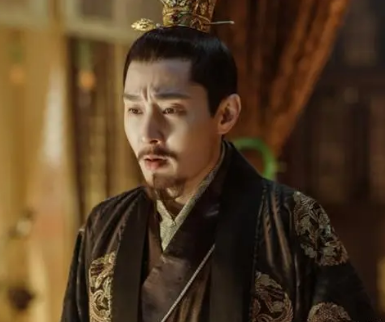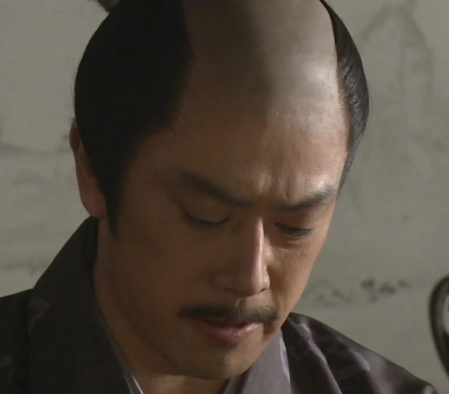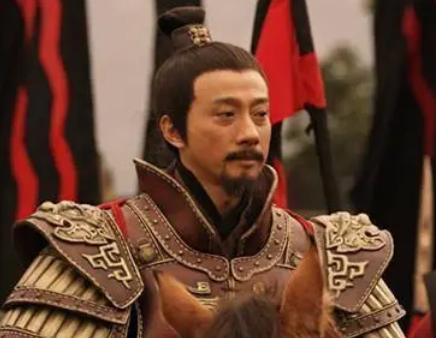In the long history of China, the Ming Dynasty, as an important dynasty, has always attracted attention for its internal political struggles and power changes. Among them, the relationship between Zhu Qizhen, the Ming Yingzong, and his half-brother Zhu Qiyu is particularly dramatic and complex.

Zhu Qizhen, the seventh emperor of the Ming Dynasty, experienced a major historical event known as the Tutu Fort Incident during his reign. During this incident, Zhu Qizhen was captured by the Wala tribe, leading his half-brother Zhu Qiyu to ascend the throne. However, Zhu Qizhen's resilience and patience during his captivity ultimately led to his release and regaining of the throne eight years later.
Zhu Qiyu, the half-brother of Zhu Qizhen, replaced him as emperor during his captivity. Although he only reigned for a short period of eight years, he implemented a series of reform measures during his reign, such as reducing the power of eunuchs and reorganizing the court politics. These policies stabilized the political situation of the Ming Dynasty to some extent.
The relationship between Zhu Qizhen and Zhu Qiyu was not simply adversarial or friendly. When they faced national crises and personal destinies together, they demonstrated different qualities and attitudes. Zhu Qizhen's resilience and patience during his captivity, as well as his loyalty and sense of responsibility to the country, left a profound impression on history. Zhu Qiyu's political wisdom and reform determination during his brief reign were also praised by later generations.
However, the struggle for power and the competition for the throne did not end with Zhu Qizhen's restoration. After Zhu Qizhen's death, his son Zhu Jianshen inherited the throne and became the eighth emperor of the Ming Dynasty. This change once again proved the complexity and uncertainty of power changes.
Overall, Zhu Qizhen and Zhu Qiyu, as two important emperors in the history of the Ming Dynasty, their relationship and experiences reflect the characteristics of political struggles and power changes during that era. Their stories remind us that in the face of power, family ties and humanity may be tested, and the development of history is often unpredictable. By deeply understanding their stories, we can better understand the complexity and diversity of the development of the Ming Dynasty and even the entire Chinese history.
Disclaimer: The above content is sourced from the internet and the copyright belongs to the original author. If there is any infringement of your original copyright, please inform us and we will delete the relevant content as soon as possible.































